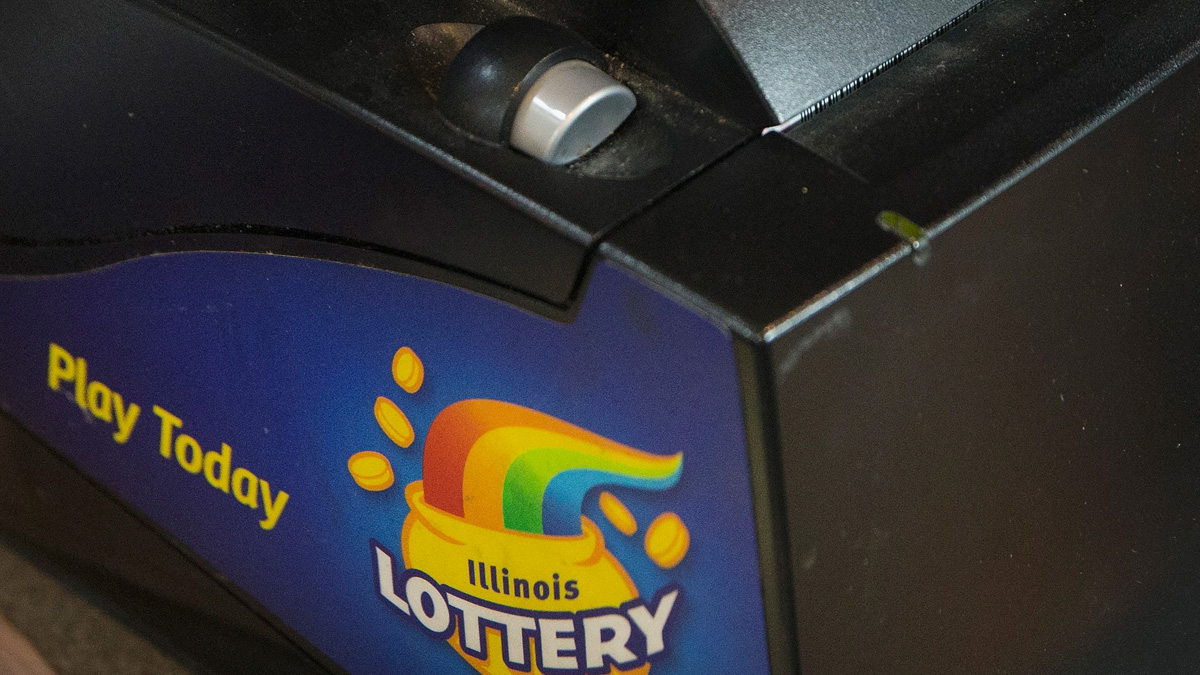The Illinois Supreme Court overturned the conviction of former “Empire” actor Jussie Smollett, who was previously convicted of staging a hate crime against himself. NBC Chicago’s Charlie Wojciechowski reports.
Nearly six years after he first reported an alleged attack in Chicago, actor Jussie Smollett’s conviction in the case has been overturned by the Illinois Supreme Court.
Smollett has seen the case turn from an investigation into an alleged hate crime, to a probe into an alleged hoax, to seeing charges against him dropped and then filed anew by a special prosecutor, to a conviction in 2021 on the charges. He was then released from prison while he appealed, and now has seen that conviction overturned on Thursday.
Here is a timeline of how the Smollett saga unfolded.
Jan. 28, 2019 – Smollett allegedly attacked
The story began in Jan. 2019 when Smollett reported that he had been attacked in the 300 block of North Lower Water Street in Chicago.
He alleged that two men approached him and began yelling “racial and homophobic slurs.” He alleged that they had struck him repeatedly, poured a chemical substance on him, and wrapped a rope around his neck.
He also alleged the attackers had made reference to “Make America Great Again,” the campaign slogan of then-President Donald Trump.
Local
Feb. 21, 2019 – Smollett arrested
Just over three weeks after the attack, Smollett was officially charged with disorderly conduct and filing a false police report in connection with the attack.
Feeling out of the loop? We'll catch you up on the Chicago news you need to know. Sign up for the weekly Chicago Catch-Up newsletter.
Police had questioned two brothers in connection with the attack, but had released them without charges.

March 8, 2019 – Smollett charged
Smollett was ultimately indicted on 16 felony charges in connection with the case, with police alleging he had paid two brothers to stage the attack.
The charges alleged Smollett had made false statements about the attack, and then made more false statements in a follow-up interview with detectives. Prosecutors also alleged he had sent himself a “false letter that relied on racial, homophobic and political language,” and that he staged the crime because he was “dissatisfied with his salary” on the television show “Empire.”
Smollett pleaded not guilty to the charges.
March 26, 2019 – Charges dropped against Smollett
In a stunning turn of events, charges were dropped against Smollett by Cook County prosecutors, with prosecutors also agreeing to expunge his record of the incident.
Prosecutors said that Smollett had signed an agreement in exchange for community service, and forfeiture of his bond to the city of Chicago.
Former Chicago Mayor Rahm Emanuel and former Supt. Eddie Johnson excoriated the decision as a “whitewash of justice.”

Feb. 2020 – Special prosecutor files new indictment
In Aug. 2019, a judge named Dan Webb as a special prosecutor to re-evaluate Smollett’s case.
Webb ultimately sought new charges on a six-count indictment, and a Cook County grand jury agreed in the case, accusing Smollett of “making four separate false reports to Chicago Police Department officers related to his false claims.”
Smollett’s attorneys argued that the new charges were politically motivated, and that they were “not supported by the evidence.”
Dec. 2021 – Smollett convicted, sentenced
Following Smollett’s trial, he was found guilty on five of six counts that he faced, with jurors concluding he had staged the racist and anti-gay attack he had reported in 2019.
In a March 2022 sentencing hearing, Smollett was sentenced to 150 days in jail and ordered to pay more than $120,000 in restitution to the city of Chicago for the cost of the investigation. He was also ordered to pay a fine of $25,000.

March 2022 – Smollett released amid appeal
A judge ruled that Smollett should be released from jail pending the outcome of his appeal of the case, with attorneys arguing he was in “danger of physical harm” if he were kept in custody.
Dec. 2023 – Appeals court affirms conviction
An Illinois appeals court, in a 2-1 ruling, upheld Smollett’s conviction. The appeal was filed based on Smollett’s agreement with Cook County prosecutors when charges were dropped in 2019, with Judge Freddrenna Lyle agreeing with Smollett’s legal arguments, while the two other judges on the panel filed a majority opinion ordering the conviction to stand.
Lynn said that the Smollett argument was based on the idea of a “complete resolution of the matter, not simply a temporary one” in her dissenting opinion.
Smollett’s attorneys vowed to appeal the ruling to the state’s Supreme Court.
Nov. 2024 – Smollett conviction overturned
In a unanimous decision, the state’s Supreme Court overturned Smollett’s conviction on Thursday, agreeing with defense attorneys’ arguments that his non-prosecution agreement with the Cook County State’s Attorney’s Office should have prevented a special prosecutor from filing new charges.
They called such a prosecution a “due process violation” in their ruling.
Smollett’s legal team had also argued the special prosecution was a violation of the Constitution’s protections against double jeopardy in criminal cases.
The opinion issued by five justices, with Chief Justice Mary Jane Theis and Justice Joy Cunningham abstaining, warned of “terrible policy consequences” of adopting prosecutors’ stance on filing the charges again, and also echoed previous rulings that reversing course on non-prosecution agreements would “comport neither with ordinary contract principles nor with the more expansive notions of fundamental fairness that control the relations between a state and its citizens.”



